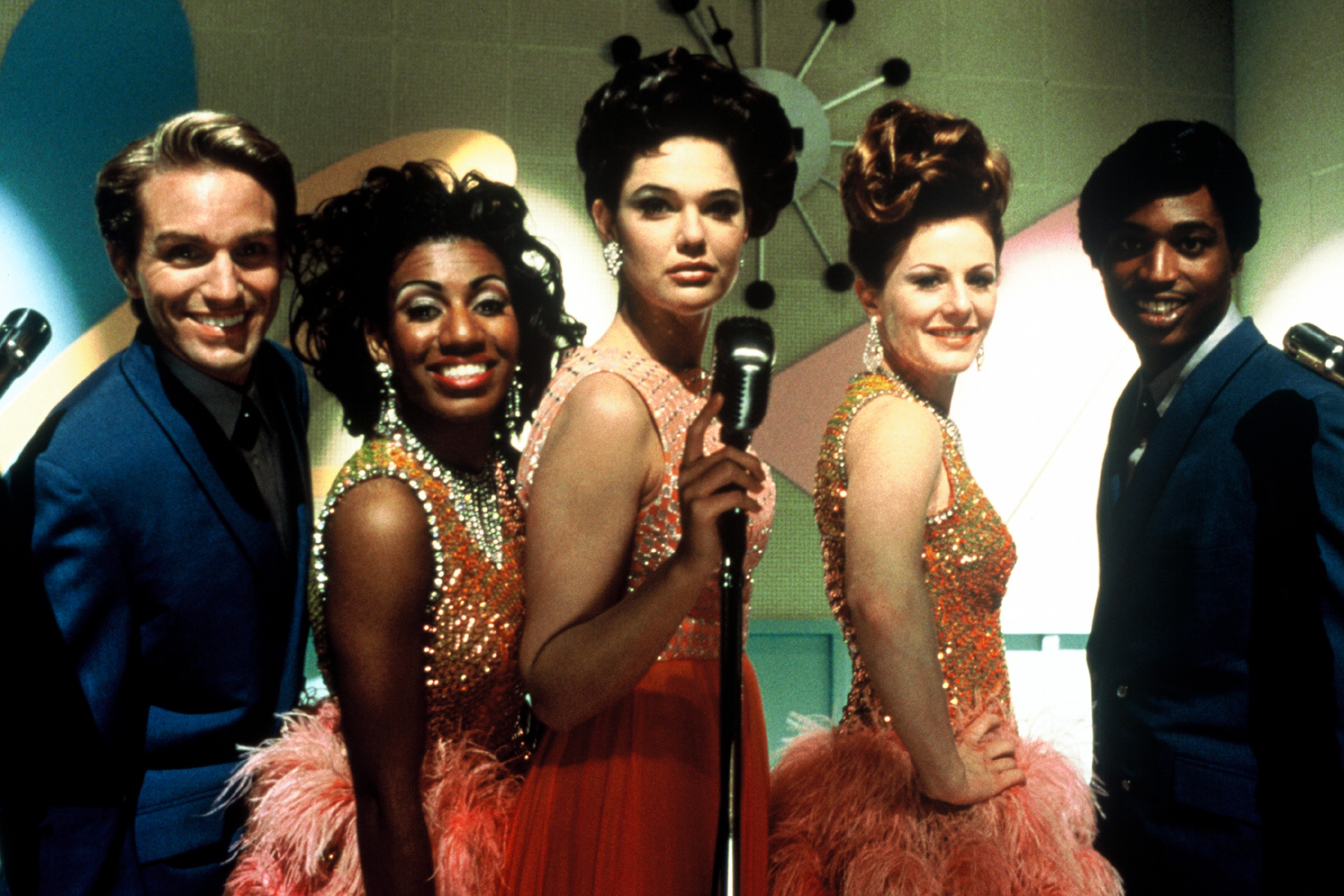"It'll be just like the movies. Pretending to be somebody else."
I feel that David Lynch will be remembered as one of the great film artists of his generation. He has developed a body of challenging and idiosyncratic films that roughly fall into several periods. Mulholland Drive is of his later works involving complex paradigm shifts and the blurring of structure and reality. It’s not his best by a long shot, but it is an extremely fascinating puzzle of a film and a major work in an oeuvre to be envied. I really don’t feel that there is much to write about the film itself. There are endless theories and assumptions people make, but I prefer to experience the film just as it is without too many questions. Sometimes Lynch just follows what he knows is right for his films, logic be damned, and that yields some interesting results. I feel that if Mulholland Drive will ever truly affect me or alter the way I perceive life it won’t be through extensive research and decoding, but on a very visceral, gut level.
This was one of the first Lynch films I saw walking into it blindly. That first viewing was deeply unsettling for me. Certain images and sequences have never left me, even years later. The rotting corpse and monster behind the restaurant in particular really got to me, and I didn’t know why. The club Silencio sequence was very vivid in my memory and surprisingly different from my recollections when I saw it for the second time. Lynch’s imagery works on an unconscious level, tapping into unknown fears and desires. He is a definite purveyor of the bizarre and the obscured workings underneath the surface. This is evident in most of his films, but it is visually manifested in the opening of Blue Velvet, which I still consider his masterpiece. I find all of the connections to other films fascinating, especially Contempt and Persona, since I like those best. I never really took Lynch as a Godard fan, but hey, I didn’t think he made furniture either. Lynch isn’t just a film artist, he is a renaissance man for the new millennium. He began as a painter and became dissatisfied because he wanted his images to do something more, to move, to live and breathe. Thus, he turned to film. His early shorts, and extremely new ones, are fascinating in that they seem to be completely free of any outside influences. Lynch is operating on his own aesthetic level that he has built himself his whole life.
Lynch is famous for being close mouthed when to comes to discussing his films, which I admire, but I don’t think I’d ever be able to be that stoic about my art. He also doesn’t include scene selections because he wants his films to be experienced front to back, not in fragments, which is respectable, but inconvenient. He has been releasing films himself and working in digital all the while spreading the word of transcendental meditation, which really threw me for a loop. That basically killed all of my ideas about his films being explorations of the subconscious. It’s interesting that Mulholland Drive was going to be a television show. The first season of Twin Peaks is some of the best work he’s done, but the quality definitely dipped when it got to season two. I don’t think Lynch’s ideas are meant to sustain themselves for that long. They are ephemeral fragments of the broken identities of modern corruption and indecency. They are also sublime recollections of the transformative powers of love, be they for good or evil, and the fundamental strangeness of everyday life. Again, to dissect and disseminate every frame of Mulholland Drive seems to be a waste of time. There may or may not be a true plot buried underneath it, but it’s much more affecting to be swept away by its magic and become entwined with it mystery.


No comments:
Post a Comment